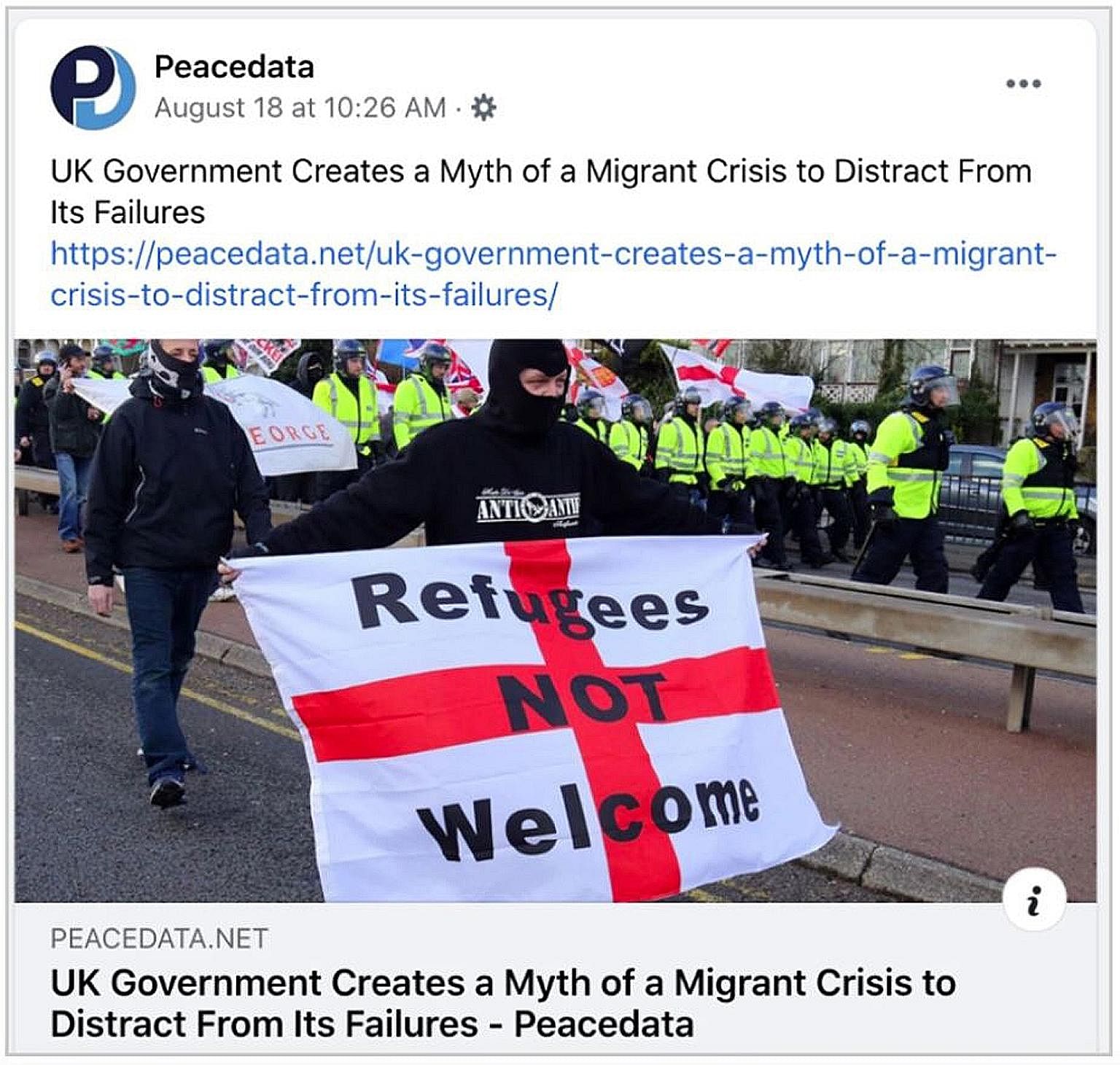WASHINGTON • The Russian group that interfered in the 2016 US presidential election is at it again, using a network of fake accounts and a website set up to look like a left-wing news site, Facebook and Twitter said on Tuesday.
The disinformation campaign by the Kremlin-backed group, known as the Internet Research Agency (IRA), is the first public evidence that the agency is trying to repeat its efforts of four years ago and push voters away from Democratic presidential candidate Joe Biden to help President Donald Trump.
Intelligence agencies have warned for months that Russia and other countries were actively trying to disrupt the November election, and that Russian intelligence agencies were feeding conspiracy theories designed to alienate Americans by laundering them through fringe sites and social media.
Now Facebook and Twitter are offering evidence of this meddling, even as the White House in recent weeks has sought to more tightly control the flow of information about foreign threats to November's election and downplay Russian interference.
The Trump administration's top intelligence official as recently as Sunday has tried to suggest that China is a graver risk than Moscow.
Facebook and Twitter, which were slow to react to wide-ranging disinformation campaigns on their services in 2016, said they were warned by the Federal Bureau of Investigation of the Russian effort.
Some US officials are worried about a broad effort by Russian intelligence to use fringe websites, spread conspiracy theories and sow division in the United States. And some of the activity Facebook and Twitter identified on Tuesday was just that kind of information laundering.
The fake network and site did not reach as big an audience as efforts in 2016, but the campaign came with a new wrinkle: The Russians hired real Americans to write for it.
The site, called Peace Data, also used personas with computer-generated images to create what looked like a legitimate news organisation.
"The Russians are trying harder to hide," said Mr Ben Nimmo, whose firm, Graphika, worked with Facebook on a report on the fake site.
The IRA appeared to be in the earliest stages of building an audience for the fake news site on Facebook. The group had created 13 fake accounts and two pages dedicated to promoting Peace Data. The pages were followed by 14,000 people.

The goal, said Facebook's head of security Nathaniel Gleicher, appeared to be to drive people to the Peace Data site, which billed itself as a "global news organisation".
The site's first activity was in October last year, when it began sharing articles published by other outlets. In March, the site started publishing its own articles in English.
Three editors were listed on the site. But when their photos were studied closely, it became apparent they were computer-generated images, Mr Nimmo said.
"In terms of posting, they were clearly significantly left of the Biden-Harris campaign," he said, adding that topics ranged from racism to the environment and capitalism. Several articles argued that Mr Biden would move the Democratic Party too far to the right.
Mr Bill Russo, a spokesman for the Biden campaign, said the Russian activity was "proof of two immutable facts: Russia is attempting to interfere in our elections on behalf of Donald Trump, and Facebook's platform is a key vector for these efforts".
"President Trump's refusal to speak out against Russian interference makes it all the more important that Facebook does more to enforce their rules and ensure their platform cannot be used to corrode the foundation of our democracy," Mr Russo said.
NYTIMES
